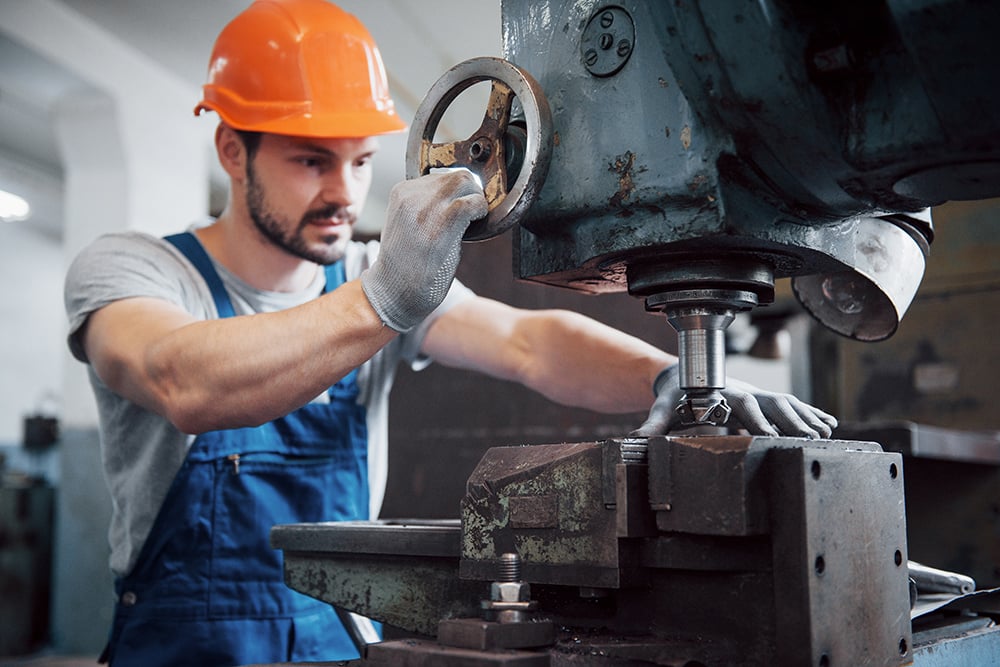
When an appraiser estimates value, they must do so under an assumed premise that relates to the type of transaction being undertaken and the potential outcomes of an impending sale. Premise of value is one of the most critical components of an equipment appraisal given the different assumptions each premise represents and their material differences.
Each value premise must be defined in the appraisal and can reasonably be tied to a typical market transaction, such as a user-to-user sale or an auction liquidation. The most commonly referred to premise is Fair Market Value, which is utilized in many standard business agreements when the need arises to assess value for any purpose. The American Society of Appraisers defines Fair Market Value as follows:
Fair Market Value is an opinion expressed in terms of money, at which the property would change hands between a willing buyer and a willing seller, neither being under any compulsion to buy or to sell and both having reasonable knowledge of relevant facts, as of a specific date.
There are variations to the Fair Market Value premise, including assumptions for installation and continued use, which typically drive higher levels of value given the additional considerations involved. The important factor to understand with Fair Market Value is that it represents the most equitable transaction for both parties, where neither the buyer nor seller have an advantage. Each party is equally willing to transact and knowledgeable of all the facts.
In the open resale marketplace, this may not always be the case, therefore, other premises of value are considered, including Orderly and Forced Liquidation. These definitions add the factor of compulsion on behalf of the seller, with more limited time to sell a key factor. These premises are appropriate to consider with an inexperienced owner or if a company goes out of business. There may be a reduced level of control over the sale by utilizing a third party, such as an auctioneer, to liquidate the assets. This is the foundation for Forced Liquidation Value.
Liquidation premises of value are commonly reviewed by banks and other lenders who want to consider the possibility of having to step in and resell the equipment if their borrower defaults and they end up taking possession of the assets. They are not in the business of buying and selling machinery and may involve an equipment dealer or auction company to manage the logistics of a resale effort.
These liquidation premises will obviously drive a lower estimated value for the machinery & equipment. How much lower will depend on the type of equipment and the state of the resale market, among other factors. Consult with an appraiser to better understand these differences.


